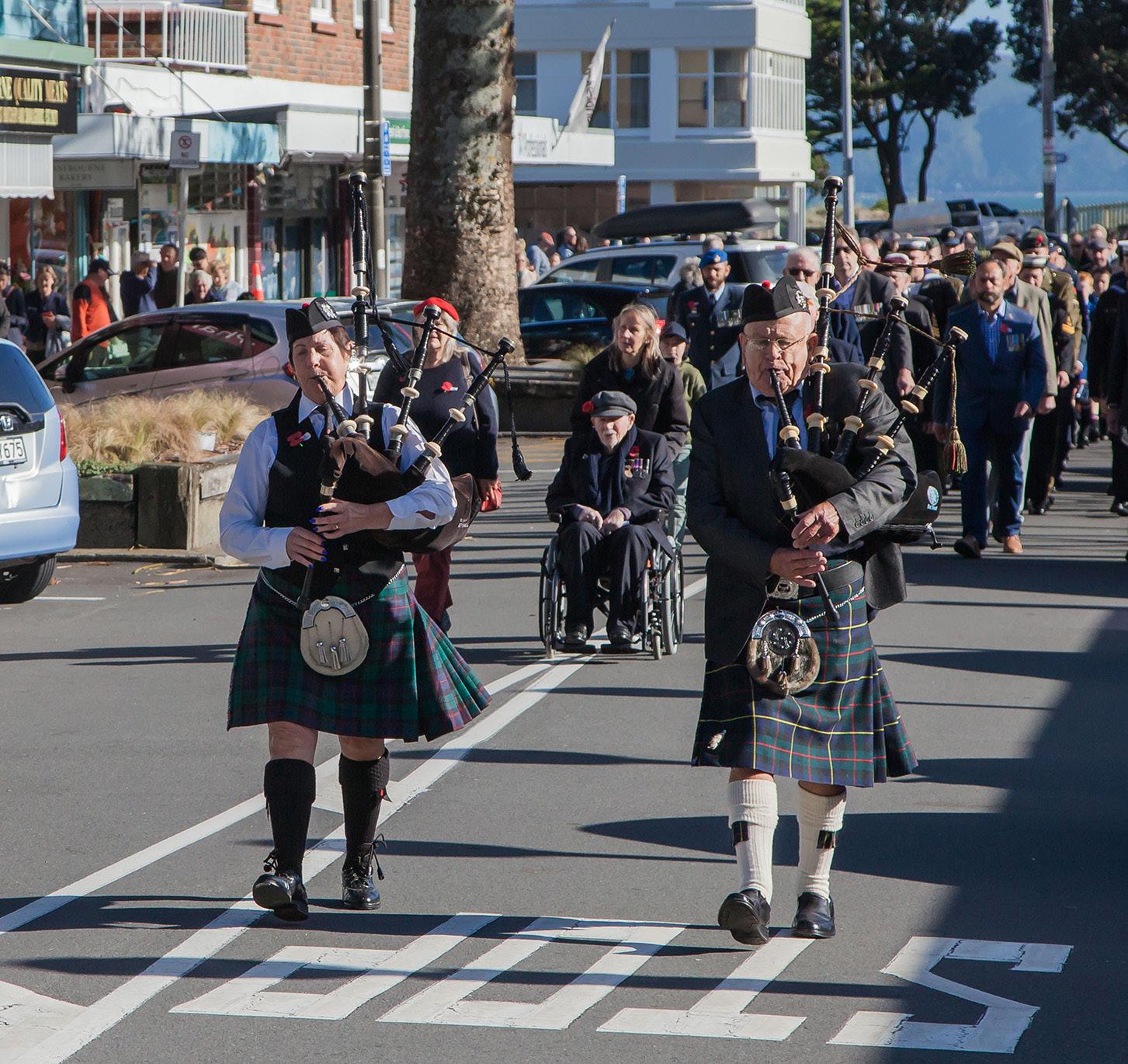
2 minute read
Just buzz off!
by Ann Packer
It’s enough to drive you mad – that buzz of a mosquito about to bite. And it’s only going to get worse with climate change, says Eastbourneraised Tom Swan, who last year graduated with a PhD cum laude in Ecology and Population Genomics from James Cook University in Queensland.
Advertisement
Actually, it’s only the females who bite, points out the Asian tiger mosquito expert, who began his scientific studies with a BSc at Canterbury, followed by a Masters in Water Resource Management. It was during this time that he studied the occurrence of mosquitoes in Tonga, spending all his waking hours educating kids in schools about the importance of checking every source of standing water, where the insects could breed.
The female mosquito needs protein to feed her young; the song is to attract the males, says Dr Swan, who spent three months surveilling mosquitoes on Masig (formerly Yorke) Island in Torres Strait, off Cape York Peninsula, where he bred 3500 of them to lure with sound traps, in order to sequence the genome.
Dr Swan says the Asian tiger mosquito, Aedes albopictus, is capable of spreading both dengue and zika viruses. It has been a global public health threat for many decades and has been responsible for the transmission of dengue on Erub, Boigu and Badu islands in Torres Strait.
“As well as being a major threat to public health, this mosquito is famously called ‘the barbecue killer’ because it’s a vicious, daytime biter and can have a big impact on people’s lifestyle.”
Spencer Logan Valuations Limited
For professional property advice
Tel: 562-7555 or Campbell Logan - 022 093 8090

Spencer Logan - 021 627 773
Email: admin@spencerlogan.co.nz www.spencerlogan.co.nz
The Asian tiger is considered one of the 100 worst invasive species, Dr Swan says. “If it invaded Far North Queensland it could potentially compromise the success of the Eliminate Dengue program.” His studies have been made possible thanks to a research grant awarded by the Far North Queensland Hospital
Foundation.
The recipient of several prestigious awards, including a Fulbright and a Gates Foundation award, Dr Swan spent a research year in Florida during their Zika outbreak, and another on a Dengue eradication project in Melbourne. He has also worked as a flora and fauna guide on the Peruvian Amazon River.

Currently working in the field of revegetation ecology in the Northern Territory – a well-recompensed field compared with what he might earn here in New Zealand, where there is little funding for work in his field of entomology – Dr Swan says exotic diseases, and biosecurity generally, remain one of our biggest threats. He points out that New Zealand successfully eradicated the Southern Salt Marsh mosquito, first discovered in Napier, over 11 years at a cost of $70 million. “But we have also had incursions of the Asian Tiger Mosquito in NZ and it could only be a matter of time until an invasion escapes our strong biosecurity.” https://www.mdpi.com/2414-6366/4/3/101
Sergeant Lisiate Koaneti was joined by his daughter, four-year old Lexi as he raised the NZ flag during Tuesday's ANZAC Day service at the war memorial on Muritai Road.

Eastbourne resident Petty Officer Fiona Middleton was the first speaker, and said NZ bore more than its share of hardship with the First World War and the outbreak of the Flu in the early 20th century.

She said the sacrifices of the fallen soldiers do not diminish with the years. "We keep their names alive with these services."










